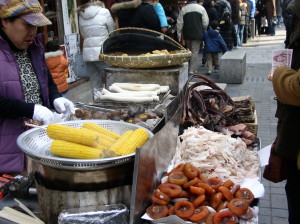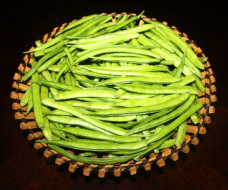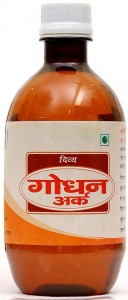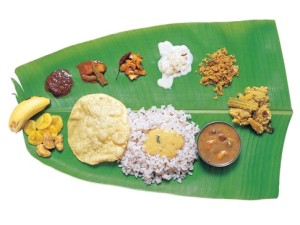Food safety regulator FSSAI has launched a mobile app through which consumers can raise their concerns related to quality of packaged food and the food served in ready-to-eat outlets.
 Since most of the times the form of food consumed is either packed or serviced, the app provides food safety tips and food safety laws as prescribed by the regulator through its regulations, says the description of the mobile app launched by FSSAI.
Since most of the times the form of food consumed is either packed or serviced, the app provides food safety tips and food safety laws as prescribed by the regulator through its regulations, says the description of the mobile app launched by FSSAI.
“FSSAI App will allow consumers to raise their food safety related concerns. Whether it is a Packaged Food or a Food Service Establishment, now consumers are empowered to know about the food business operators and get informed about the food safety information,” according to the description.
The app for Android smartphone users has built-in functionalities to locate the consumer’s geographical location and consumers can raise any food incidents witnessed along with the captured pictures. The app also empowers consumers to check many parameters on which the food safety is compromised for both packaged foods and food served in ready-to-eat establishments.
For served food, the consumer is given an option to rate the Overall Hygiene of the food service establishment. It also has provision for consumers to enter FSSAI issued license/registration number if available will provide accurate information about the food business operator’s adherence to food safety requirements.









